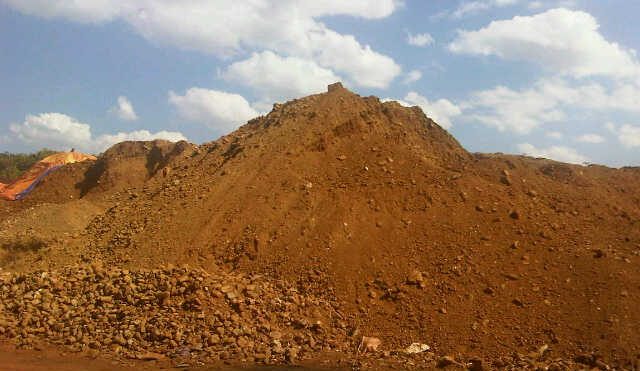The issue of safe carriage of laterite nickel ore has attracted attention of international society. A latest judgment of Chinese court shows that the IMSBC Code shall be applicable to the safe carriage of the laterite nickel ore.
The master shall be cautious and prudent in deciding whether the cargo is suitable for safe carriage. Where heavy moisture of cargo is visible to the naked eyes, the proportion of small particles (<7mm) is large and the moisture content of small particles is above the TML (Transportable Moisture Limit), even if large particles (>7mm) may have a comparatively lower moisture content, the master may, in his professional judgment, deem the cargo unsuitable for safe carriage and is further entitled to make decisions such as to cease the voyage, sun-dry the cargo and to carry out inspection etc. for the common safety of vessel, cargo and the crew, and the carrier shall not be held liable for his breach of obligation under shipping contract.
The American P&I Club includes in the following alert a legal briefing by Wintell & Co regarding the Safe Carriage of Laterite Nickel Ore and the latest judgement of Chinese court. In this case, charterers alleged that the vessel’s master had made an unjustifiable deviation due to his concerns for the safety of his vessel, based on his belief that the transportable moisture limit (TML) of the cargo had been exceeded. The charterers claimed that the delay in delivery of the cargo led to significant losses in its market price, and sought damages.
The vessel owner defended the decision, and the measures taken by the master. They included delaying the vessel’s departure to sun-dry the cargo and, later, while on passage to the discharge port, calling at an alternative port for further sun-drying of the cargo before finally heading safely on to the vessel’s final destination for discharge. The owner asserted that these measures were reasonable for the common safety of the vessel, cargo and crew.
The Supreme Court of the People’s Republic of China ruled that the IMSBC Code did indeed apply to the carriage of laterite nickel ore, despite the cargo not being listed as a cargo prone to liquefaction as set forth in Appendix 1 of the Code (Group A). The Supreme Court further ruled that:
- the master’s actions to sun-dry the cargo and alter course while en route to the destination were reasonable; and
- the appeals court had reasonably concluded that the vessel’s diversion to the Philippines was justifiable; and
- the receivers had failed to establish their claims for alleged losses
Learn more by reading the alert below
Source: The American P&I Club





























































